Posted on 3/28/2025
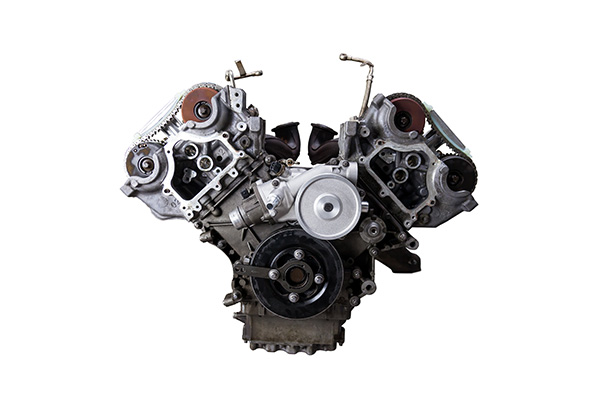
Toyota has a well-earned reputation for building reliable vehicles, and its V6 engines are often praised as some of the most dependable in the industry. But is this reputation justified, or is it just a case of brand loyalty? If you’re considering buying a Toyota with a V6 or already own one, understanding what makes these engines so reliable—and where they might have weaknesses—can help you make informed decisions about maintenance and longevity. What Makes Toyota V6 Engines So Reliable Toyota’s V6 engines are known for their durability, and this isn’t just luck. The company follows strict engineering and manufacturing standards to ensure long-term reliability. One of the biggest factors is Toyota’s conservative engineering approach. Instead of pushing the limits of power output at the expense of reliability, Toyota designs its V6 engines with a focus on longevity. The materials used in key components, such as the pistons, timing ... read more
Posted on 2/28/2025
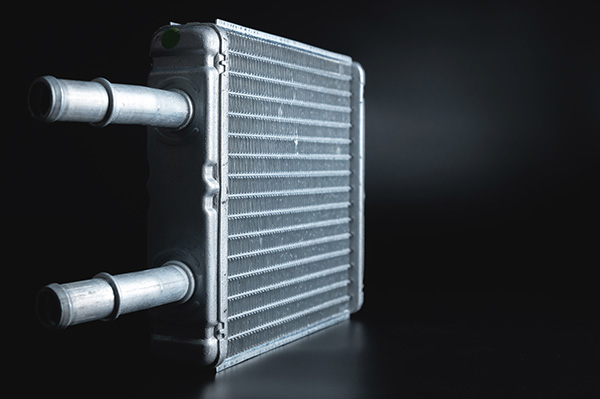
Your car’s heater core keeps you warm on cold mornings and helps regulate the cabin temperature. When it fails, you will notice cold air blowing from the vents, a foggy windshield that won’t clear, or even coolant leaking inside your vehicle. Knowing what causes a heater core to fail and how to fix it can help prevent bigger issues down the road. What Does the Heater Core Do The heater core functions like a small radiator, using hot coolant from the engine to warm the air inside your cabin. When you turn on the heat, air is blown through the heater core, absorbing warmth before it enters your vehicle. Because it’s connected to the cooling system, a failing heater core can also impact engine performance and temperature regulation. Common Causes of Heater Core Failure We’ve seen heater cores fail for several reasons, but th ... read more
Posted on 2/14/2025
CarMD’s list of top 10 causes of the check engine light for 2024 provides an interesting glimpse at the auto maintenance and repairs in 2024. At Oceanworks in Berkeley we full range of auto care, including check engine light diagnostics and repairs. Check engine light (CEL) can come “on” for hundreds of reasons, but here are the top 10 according to CarMD (which analyzes millions of reports every year): 1) Catalytic converter replacement – no, catalytic converters do not fail at a higher rate than before, but they still get stolen at a high rate, that’s why catalytic converter replacement is still first on the list. 2) Oxygen sensor replacement – oxygen sensors live in a difficult environment, and can fail, in addition, they are often damaged when thieves steal catalytic ... read more
Posted on 1/31/2025
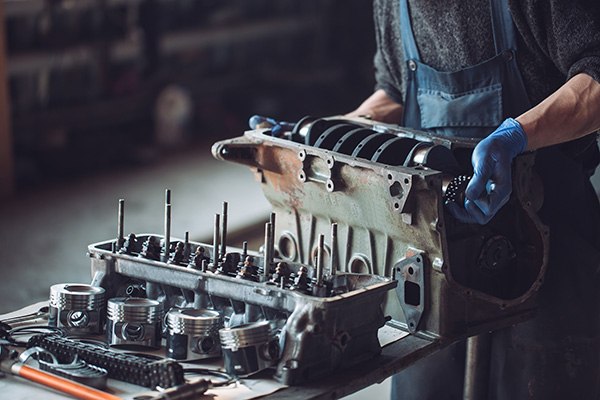
No car owner wants to hear the words "engine trouble." Engine repairs are often among the costliest vehicle expenses, and in severe cases, they can rival the price of a new car. While wear and tear are inevitable, understanding the common reasons for expensive engine issues and how to prevent them can save you both time and money in the long run. Let’s explore five of the most expensive engine repairs and the proactive steps you can take to avoid them. Replacing the Timing Belt The timing belt plays a crucial role in keeping your engine’s valves and pistons operating in sync. If this belt fails, it can result in significant internal engine damage, including bent valves or a destroyed cylinder head. Repairs often involve replacing multiple components and can cost thousands of dollars, depending on the severity. To prevent timing belt failure, follow your vehicle manufacturer’s recommended replacement intervals, usually between 60,000 and ... read more
Posted on 12/17/2024
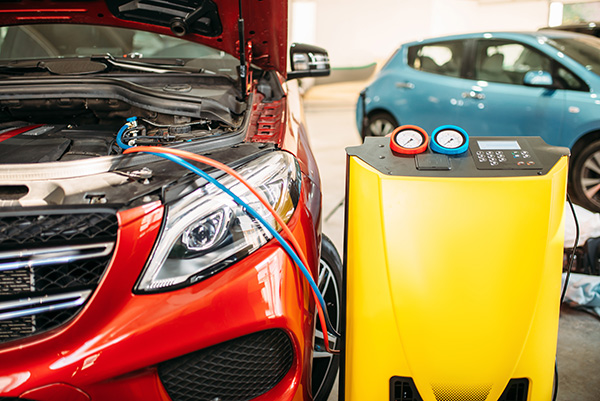
Your car's air conditioning system plays a crucial role in battling the heat, or defogging the windows in the winter and a key component of this system is the refrigerant. But with different refrigerant types like R-1234yf and R-134a, confusion can arise. We’ll dive into the world of car A/C refrigerants and explain the differences between R-1234yf and R-134a to help you understand which one keeps your car cool in an eco-friendly way. An A/C Blast from the Past: The Rise and Fall of R-12 Before diving into the current contenders, let's take a quick trip down memory lane. Up until the late 1980s, most car A/C systems relied on R-12 refrigerant, a chlorofluorocarbon (CFC). While it did the job of cooling efficiently, CFCs were discovered to have a devastating impact on the ozone layer, leading to a global ban on their production. Enter R-134a: A More Eco-Friendly Alternative In response to the environmental concerns surrounding R-12, th ... read more
Posted on 11/29/2024
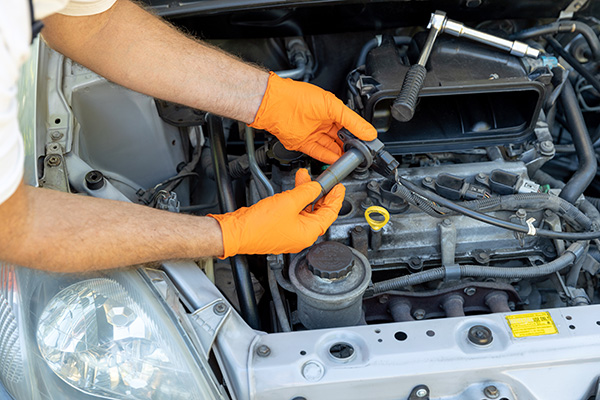
The engine's ignition coil is responsible for converting the low voltage from your car’s battery into the high voltage needed to create a spark in the spark plugs. This spark ignites the air-fuel mixture in your engine, powering your vehicle down the road. However, like any part, ignition coils wear out over time, leading to a host of engine performance issues. So, how can you tell if your ignition coil is on its last leg? Trouble Starting the Engine If your car is having a hard time starting, especially on those chilly mornings, a faulty ignition coil could be the culprit. The ignition coil provides the necessary spark to start the engine, so if it’s not functioning properly, your engine may struggle to turn over. You might hear the starter cranking, but the engine just won't catch. Often, this is due to an inconsistent or weak spark, which can leave you stranded at the worst possible times. Misfiring and Poor Acceleration One ... read more
Posted on 10/31/2024
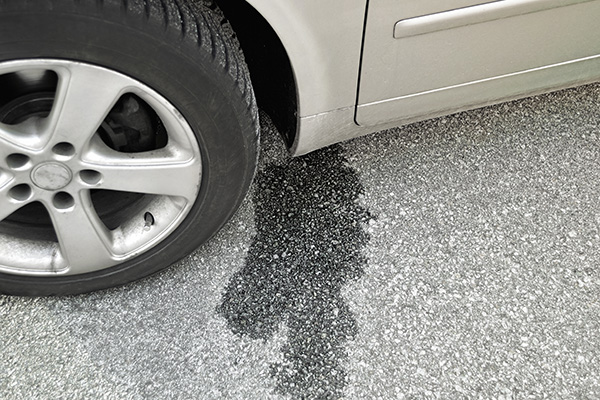
You walk out to your car, start the engine, and suddenly, you notice water pooling underneath your vehicle. This can cause immediate concern. After all, a leak isn’t something any car owner wants to deal with. But before you panic, it’s important to understand that water leaking from under your car isn’t always a bad sign. In fact, in some cases, it’s entirely normal. So, what causes water to leak when your car is running, and when should you worry? Air Conditioner Condensation If you’ve ever noticed water dripping under your car after running the air conditioner, it’s likely just condensation. This happens when the AC system removes moisture from the air inside your car to keep it cool and dry. That moisture then drains out through a tube and ends up as a small puddle underneath your car. You’ll usually see this water after a drive on a hot day when the AC has been working hard. It’s perfectly normal and nothing to be ... read more
Posted on 9/27/2024
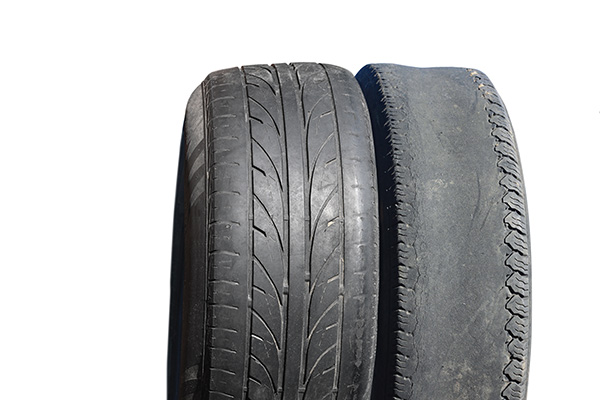
Tires are one of the most critical components of your vehicle, as they are the point of contact between your car and the road. However, tire wear is inevitable over time, but when it happens prematurely or unevenly, it can become a serious problem, leading to safety issues, reduced fuel efficiency, and the need for frequent replacements. But what causes excessive tire wear? Let’s dive into the most common culprits and how you can prevent them. Incorrect Tire Pressure Maintaining the correct tire pressure is key to extending the life of your tires. Both overinflation and underinflation can lead to excess wear. Overinflated tires tend to wear out the center of the tread, as too much air causes the tire to expand beyond its optimal shape. Underinflated tires, on the other hand, wear more on the edges since the tire surface flattens, causing increased contact with the road. How to prevent it Regularly check your tire pressure—at least once a ... read more
Posted on 8/30/2024
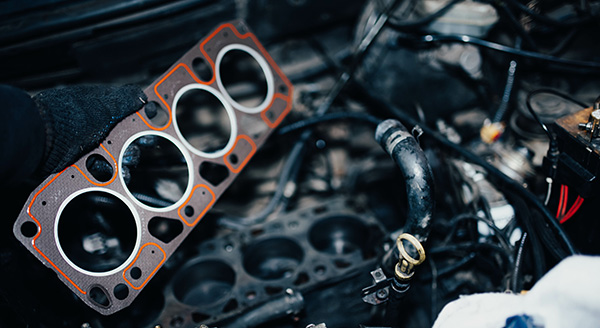
Owning a Honda means having reliability and performance on your side. But what happens when a major issue like a blown head gasket occurs? Many drivers face this question, and the answer isn't always simple. A blown head gasket is more than just a minor inconvenience. It's a serious problem that can have severe consequences for your engine. We will help you understand the risks of driving with a damaged head gasket and why you should think twice before hitting the road. The Role of the Head Gasket To fully grasp the gravity of a blown head gasket, it's essential to know what the head gasket does. The head gasket is a critical component of your engine, responsible for sealing the combustion chambers. It ensures that the oil, coolant, and combustion gasses stay within their designated areas, allowing the engine to function properly. When the head gasket blows, this seal is compromised, leading to leaks, overheating, and potentially catastrophic engine damag ... read more
Posted on 7/26/2024
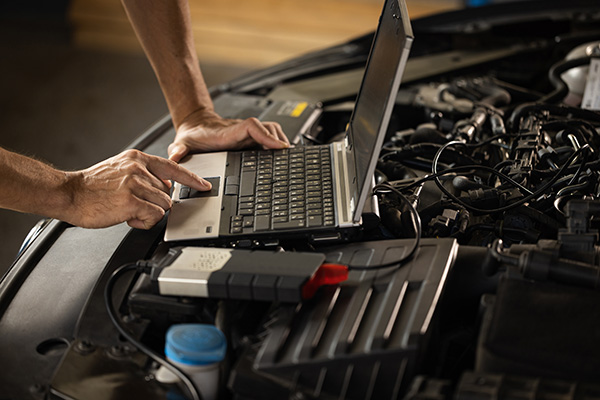
Has the check engine light come on in your car? Your mind may start racing with questions like, 'Is my car okay?' 'Can I keep driving?' and 'How much will repairs cost?' While this small light can cause significant stress, understanding how ECU diagnostics work can help you demystify the issue and get your car back in top shape. Let's take a closer look at ECU diagnostics and how they can help you fix that pesky check engine light." The Role of the ECU in Modern Vehicles Before we get into the diagnostics, let's see what the ECU or Engine Control Unit is. Think of the ECU as your car's brain. This sophisticated computer manages various engine functions, including fuel injection, ignition timing, and emission controls. The ECU continuously monitors data from numerous sensors in your vehicle to ensure everything runs smoothly. When something goes wrong, it triggers the check engine light to alert you to a potential problem ... read more